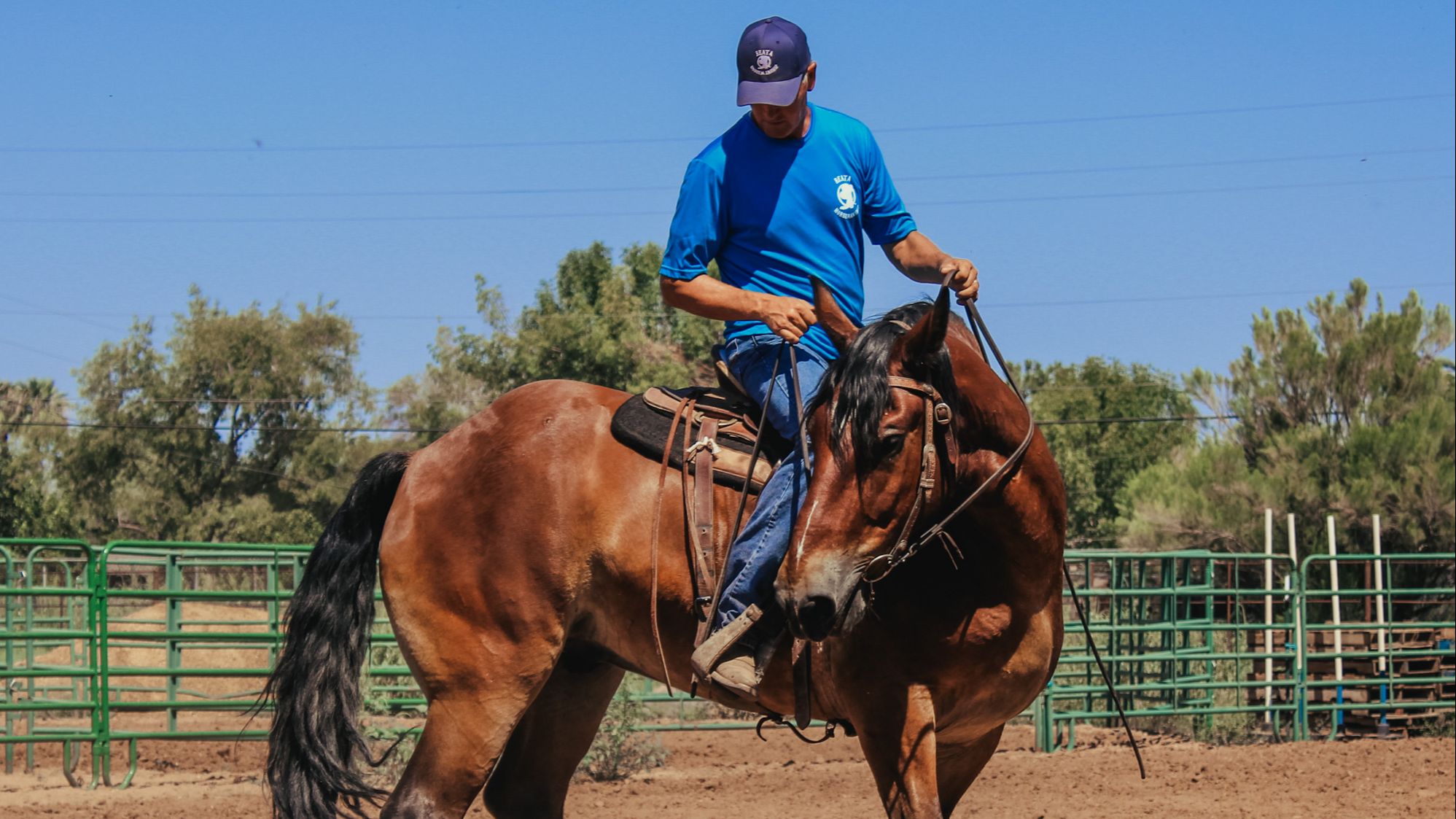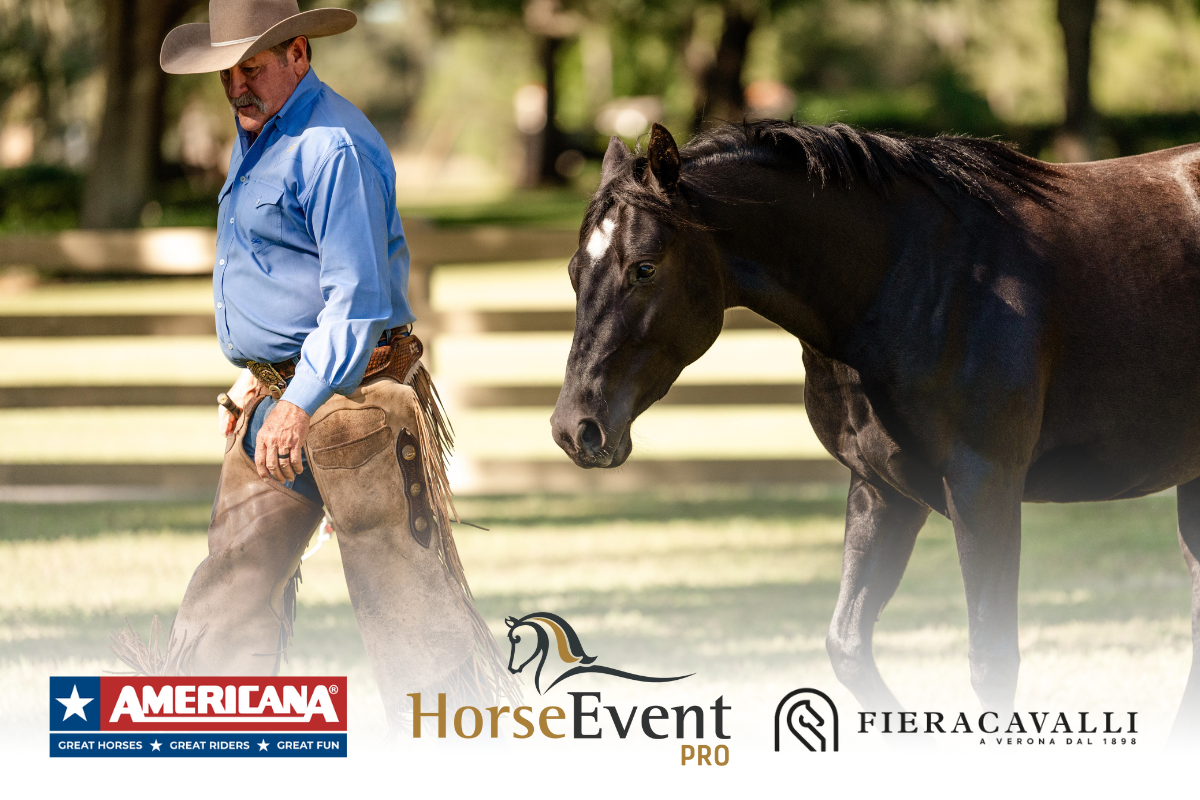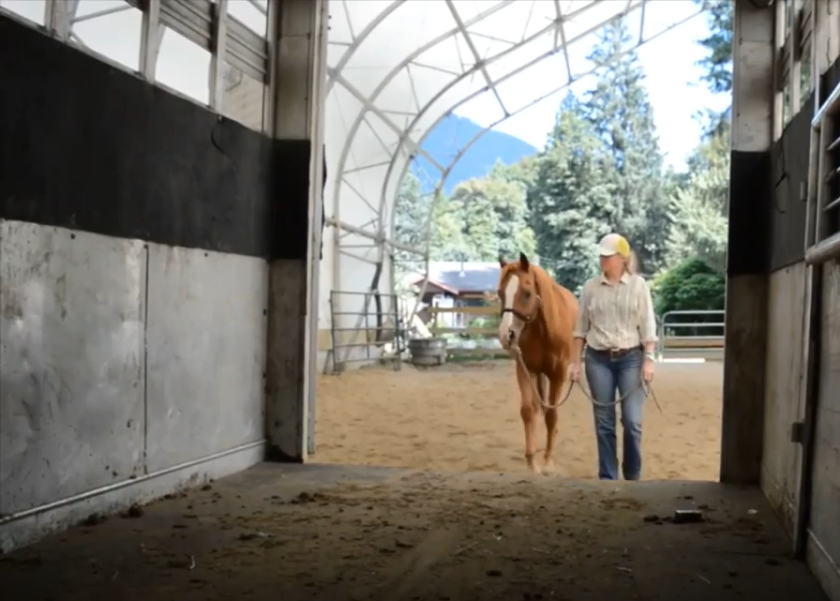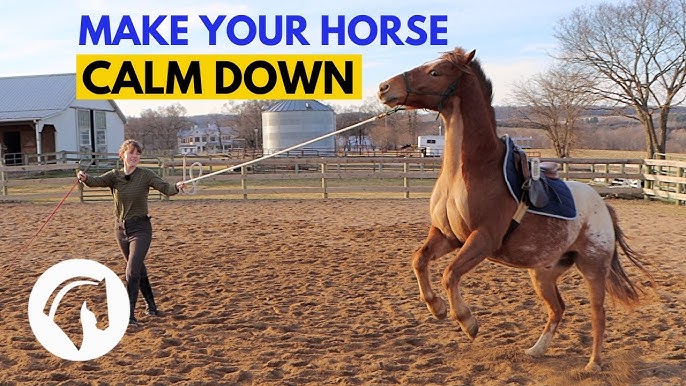Overcoming Claustrophobia in Tight Spaces for Your Horse

Claustrophobia, or the fear of confined spaces, can be a significant challenge for horses, especially when they need to enter trailers, stalls, or narrow passageways. Understanding and addressing this fear is crucial for the safety and well-being of both the horse and handler. This article explores effective strategies to help your horse overcome claustrophobia.
Understanding Claustrophobia in Horses

Claustrophobia in horses manifests as anxiety, resistance, or panic when faced with tight or enclosed spaces. This fear can stem from past traumatic experiences, lack of exposure, or natural temperament. Recognizing the signs early can prevent accidents and build trust.
Common Situations Triggering Claustrophobia

| Situation | Description |
|---|
| Trailer Loading | Horses may resist entering trailers due to confined space and unfamiliar environment.
| Narrow Stalls | Small stalls can cause discomfort and stress.
| Wash Racks | Enclosed wash areas might trigger anxiety.
Strategies to Overcome Claustrophobia
1. Gradual Desensitization
Introduce your horse to confined spaces slowly. Start with open doors and gradually reduce the space, rewarding calm behavior.
2. Positive Reinforcement
Use treats, praise, and gentle touch to encourage your horse to enter and stay calm in tight spaces.
3. Consistent Training
Regular practice helps build confidence. Incorporate short, frequent sessions rather than long, stressful ones.
4. Creating a Safe Environment
Ensure the space is well-lit, free of sharp objects, and has non-slip flooring to reduce fear triggers.
5. Professional Help
If anxiety persists, consult a veterinarian or equine behaviorist for tailored interventions.
Tips for Handling Your Horse
- Stay calm and patient; horses can sense your emotions.
- Use a calm, reassuring voice.
- Avoid forcing the horse, which can increase fear.
- Observe body language for signs of stress.
FAQ
Q1: How long does it take to overcome claustrophobia in horses?
A: It varies depending on the horse’s temperament and past experiences but typically requires weeks to months of consistent training.
Q2: Can medication help with claustrophobia?
A: In some cases, veterinarians may recommend mild sedatives, but behavioral training is the primary approach.
Q3: Is claustrophobia common in all horses?
A: Not all horses experience claustrophobia; it depends on individual personality and experiences.
Conclusion
Helping your horse overcome claustrophobia involves patience, understanding, and consistent training. By creating positive experiences in tight spaces, you can improve your horse’s confidence and safety during necessary activities like trailer loading and stall confinement.
This structured approach ensures the article is informative, engaging, and optimized for search engines, making it a valuable resource for horse owners facing this challenge.
